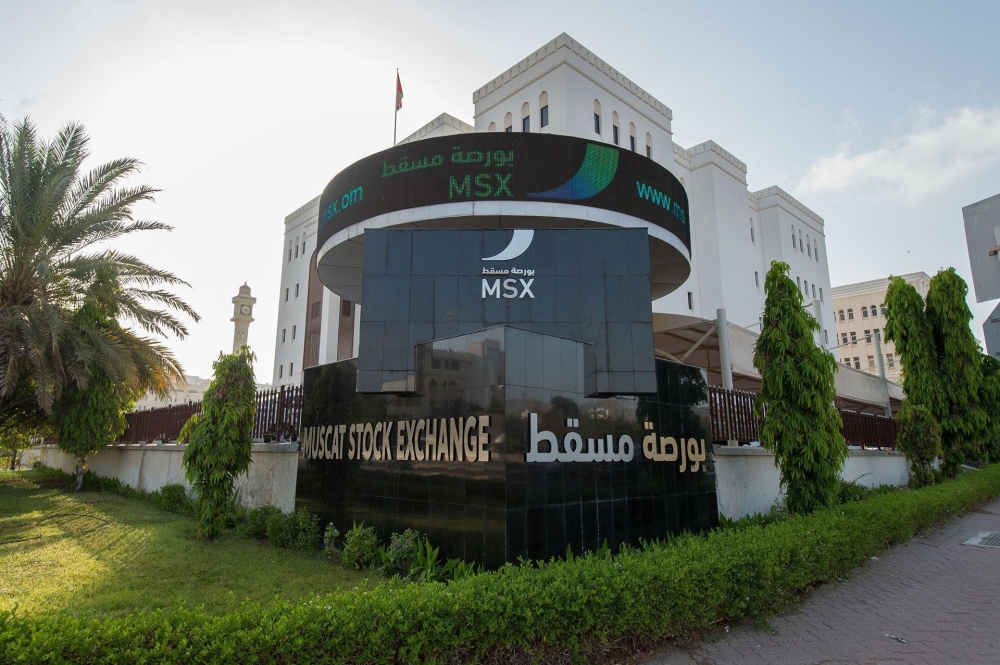

MUSCAT : In a bid to shape a brighter future for Islamic finance and achieve its net-zero goals by 2050, the Sultanate of Oman is making significant strides in embracing Environmental, Social, and Governance (ESG) and Sustainable and Responsible Investment (SRI) finance. During the IFN Oman Forum 2023, ESG and SRI finance emerged as a prominent theme, highlighting the potential for these practices to transform Oman's financial landscape.
As a signatory to the Paris Agreement, Oman has committed to combatting climate change and reducing greenhouse gas emissions. To fulfill this commitment, the country's Capital Market Authority (CMA) has drafted a regulatory framework for ESG, sustainable bonds, and Sukuk, awaiting feedback from relevant ministries. The proposed framework aims to support blue financing, with a focus on developing Oman's aquaculture industry, as well as leveraging the potential of Waqf, particularly Sukuk Waqf. The CMA aims to introduce this framework before the year-end, demonstrating Oman's commitment towards sustainable finance.
While regulations play a crucial role, experts have identified two major hurdles — cost and time-to-market. Oman's price-sensitive market poses a challenge for implementing green or energy projects. Talha Ahmed Khan, the country manager and head of the global investment unit at Pak Oman Investment Company, highlighted the capital cost as a major hurdle. However, he emphasised the need for a longer-term mindset, where the benefits and returns on these investments would outweigh the initial expenditure. In the long run, the projected internal return rate of 21% after 15 years showcases the potential for sustainable projects to become financially viable.
Time efficiency also remains a concern. Issuing conventional financial products typically takes between two to three months, assuming a ready template is available. However, introducing new issuances could extend the timeline to three to six months. Green financing initiatives, aimed at promoting sustainable projects, often face an additional six-month delay. These challenges underscore the need for streamlined processes and frameworks to accelerate the adoption of ESG finance in Oman.
Despite the hurdles, experts remain optimistic about the potential impact of Islamic ESG financing on Oman's development. Mohamad Noranuar Sajari, Head of Shariah Structuring at Bank Nizwa, stressed that although the journey ahead may be long, it is already in motion. He acknowledges that substantial results may take up to a decade to materialise, but the path towards sustainability has been set. Oman's commitment to ESG finance is a testament to its determination to create a sustainable and prosperous future.
By embracing ESG finance, Oman aims to align its financial sector with international sustainability standards and attract socially responsible investors. The introduction of a robust regulatory framework will provide a solid foundation for sustainable finance activities and foster confidence among investors and market participants.
This proactive approach towards ESG finance places Oman on the global map of sustainable development. The country has made significant strides in its journey towards a more sustainable and responsible financial sector. While challenges related to cost and time-to-market persist, the commitment to long-term benefits and the establishment of a comprehensive regulatory framework signal Oman's dedication to overcoming these obstacles.
Oman Observer is now on the WhatsApp channel. Click here



